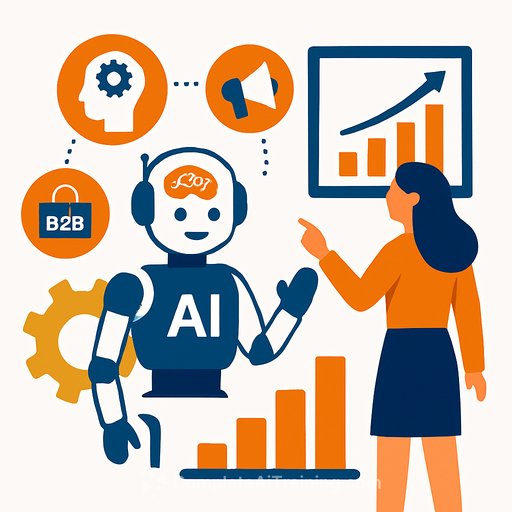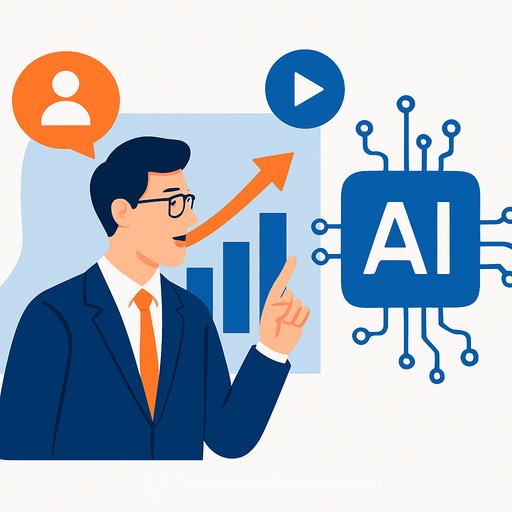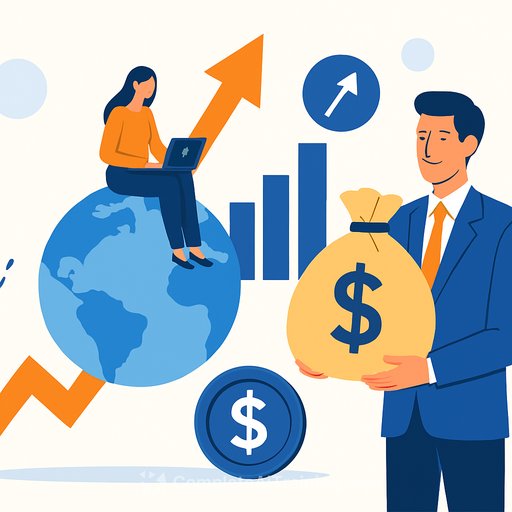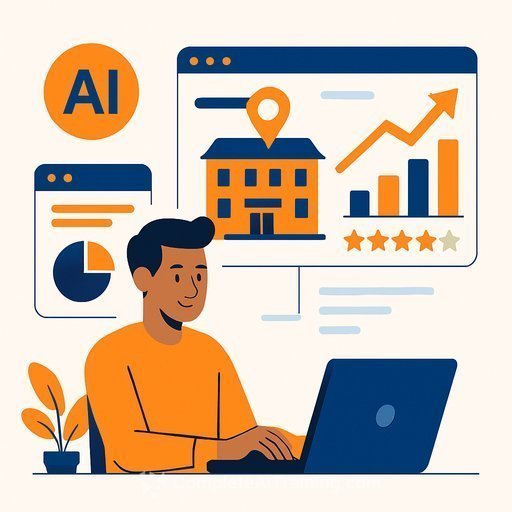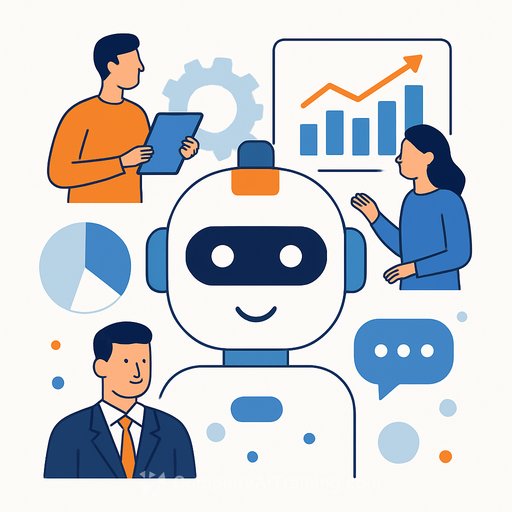The Future of AI in B2B Marketing: How Intelligent Automation Is Driving Smarter Growth
Artificial Intelligence (AI) has become essential in modern B2B marketing. From predictive analytics to hyper-personalized campaigns, companies use AI tools to engage buyers with precision. As competition heats up in 2025, AI-driven automation shifts from a bonus to a critical growth driver. This article breaks down how AI is reshaping B2B marketing workflows, the benefits it offers, and why early adopters will lead the market.
1. Predictive Analytics for Smarter Decisions
Predictive analytics is one of AI's strongest assets in B2B marketing. Instead of guessing, AI analyzes large datasets—including past transactions, customer behavior, and market trends—to forecast future results. For example:
- Sales teams can focus on leads with the highest intent using AI scoring models.
- Marketers can forecast campaign outcomes before launch and optimize budgets accordingly.
- Customer churn predictions give businesses time to act before losing clients.
This approach improves marketing ROI and shortens sales cycles.
2. Hyper-Personalization at Scale
Personalization in B2B marketing has always been tricky due to longer sales cycles and multiple decision-makers. AI now enables hyper-personalization on a large scale. Messages, content, and offers can be customized for every individual in the buying group.
- Email campaigns adapt dynamically based on recipient engagement.
- Web content recommendations adjust in real time to a visitor’s industry or role.
- Chatbots and AI agents offer around-the-clock, context-aware support.
This leads to a smoother buyer journey and stronger trust—critical elements in B2B sales.
3. Intelligent Content Syndication
Content syndication remains vital for lead generation, but AI takes it further. Platforms use intent data and predictive models to distribute whitepapers, case studies, and blogs to the most relevant audiences. Instead of chasing sheer volume, AI targets decision-makers who are more likely to engage.
Companies using AI-driven content syndication achieve higher lead quality, better return on investment, and faster sales pipelines.
4. Conversational AI & Virtual Assistants
AI-powered conversational tools like chatbots and voice assistants are changing B2B interactions. These systems do more than answer FAQs—they qualify leads, schedule demos, and nurture prospects with personalized insights. By 2025, conversational AI delivers human-like interactions while offering the speed, consistency, and scale no sales team can match alone.
5. Marketing Automation 2.0
Traditional automation manages repetitive tasks like scheduling emails or social posts. AI-powered automation goes beyond that by learning and improving continuously. Campaigns self-adjust based on performance data. AI predicts optimal times to send emails or ads. Ad targeting evolves dynamically, cutting wasted spend.
This next wave of automation helps small teams produce enterprise-level results.
6. Ethical AI & Data Privacy in B2B
With AI’s growing impact, companies must balance personalization with privacy. New data regulations such as GDPR and India’s DPDP Act require ethical AI practices that promote transparency and fairness. Companies that adopt trustworthy AI—clearly explaining data use while delivering customer value—will gain trust and avoid penalties.
Conclusion: The Competitive Edge of AI in B2B Marketing
AI is a tool that empowers marketers rather than replacing them. It removes repetitive tasks, uncovers actionable insights, and scales personalization. This frees teams to focus on strategy and creativity. Businesses embracing AI in B2B marketing today will outpace competitors and build stronger, data-driven customer relationships based on trust.
If you want to advance your B2B marketing, explore AI-driven strategies and training at Complete AI Training. They offer courses on content syndication, SEO, lead generation, and more to help you grow smarter.
Your membership also unlocks:

